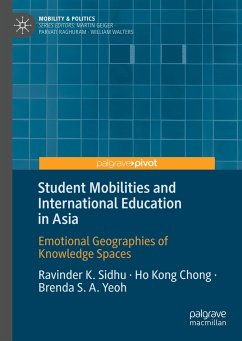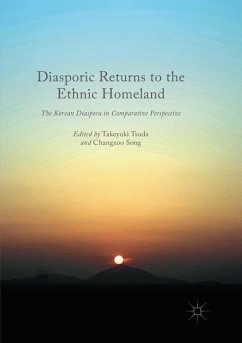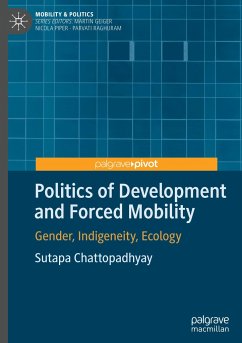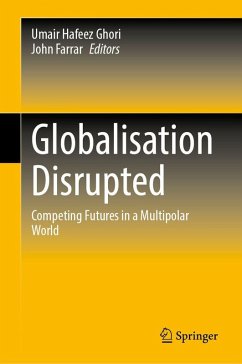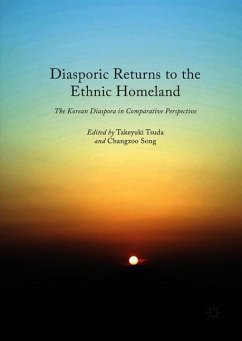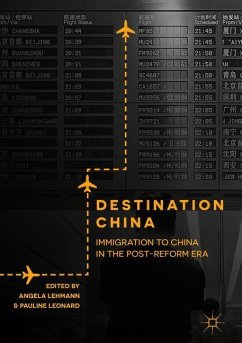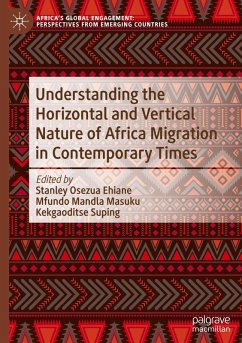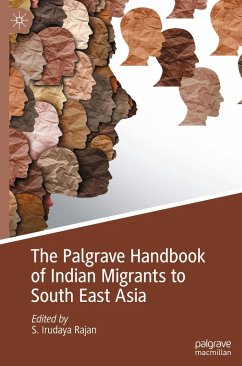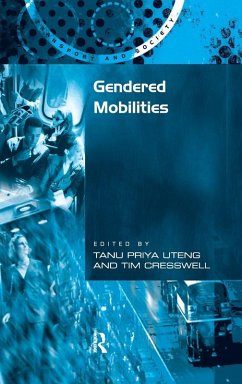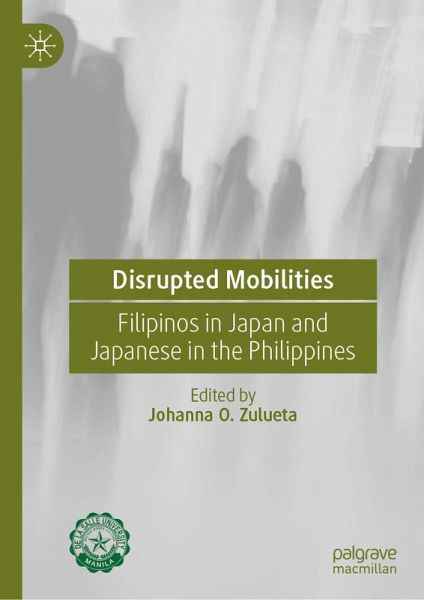
Disrupted Mobilities
Filipinos in Japan and Japanese in the Philippines
Herausgegeben: Zulueta, Johanna O.

PAYBACK Punkte
53 °P sammeln!
This volume chronicles migrant lives in Japan and the Philippines during the COVID-19 pandemic. In particular, it focuses on the Japanese in the Philippines and the Filipinos in Japan, making it a valuable resource for those doing research on migrations between these two countries, and/or about migrations in Asia, in general.Analyzing data gathered through interviews, surveys, content analyses, and ethnographies, the authors meticulously present critical findings and narrate migrants experiences of COVID-19. While the world has now eased back into a state of normality, the significant societal...
This volume chronicles migrant lives in Japan and the Philippines during the COVID-19 pandemic. In particular, it focuses on the Japanese in the Philippines and the Filipinos in Japan, making it a valuable resource for those doing research on migrations between these two countries, and/or about migrations in Asia, in general.
Analyzing data gathered through interviews, surveys, content analyses, and ethnographies, the authors meticulously present critical findings and narrate migrants experiences of COVID-19. While the world has now eased back into a state of normality, the significant societal changes that have occurred cannot be denied. Hence, the book argues that it is imperative for the public to be informed how various types of migrants have experienced the pandemic, leading them to explore innovative ways to adapt to conditions during this health crisis.
The chapters in this volume are important in informing not only scholars studying migration, but also policy-makers, NGOs, and the general public, as to how non-citizens in these two countries have grappled with the challenges posed by the pandemic. It will also be a valuable resource for communities and governments around the world as they prepare for similar health crises in the near future.
Analyzing data gathered through interviews, surveys, content analyses, and ethnographies, the authors meticulously present critical findings and narrate migrants experiences of COVID-19. While the world has now eased back into a state of normality, the significant societal changes that have occurred cannot be denied. Hence, the book argues that it is imperative for the public to be informed how various types of migrants have experienced the pandemic, leading them to explore innovative ways to adapt to conditions during this health crisis.
The chapters in this volume are important in informing not only scholars studying migration, but also policy-makers, NGOs, and the general public, as to how non-citizens in these two countries have grappled with the challenges posed by the pandemic. It will also be a valuable resource for communities and governments around the world as they prepare for similar health crises in the near future.



